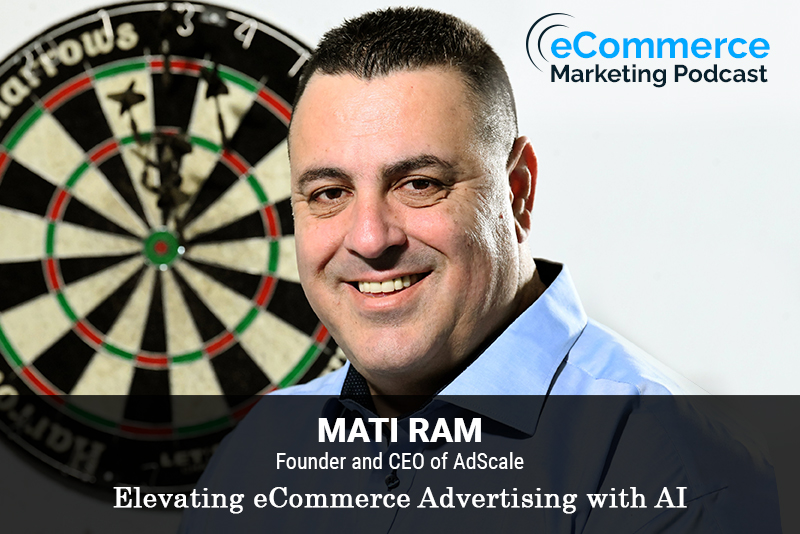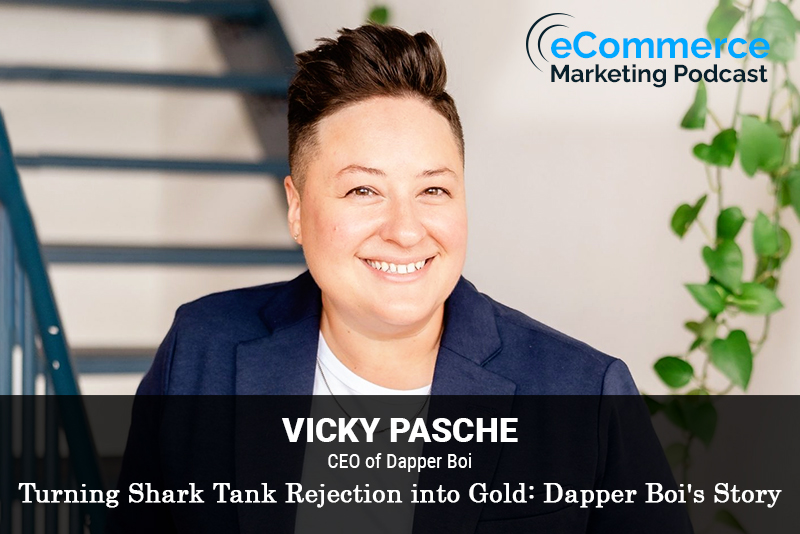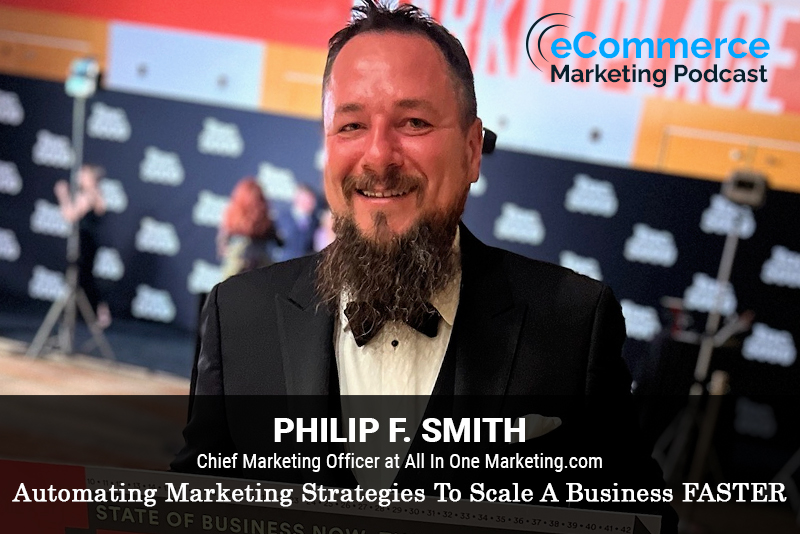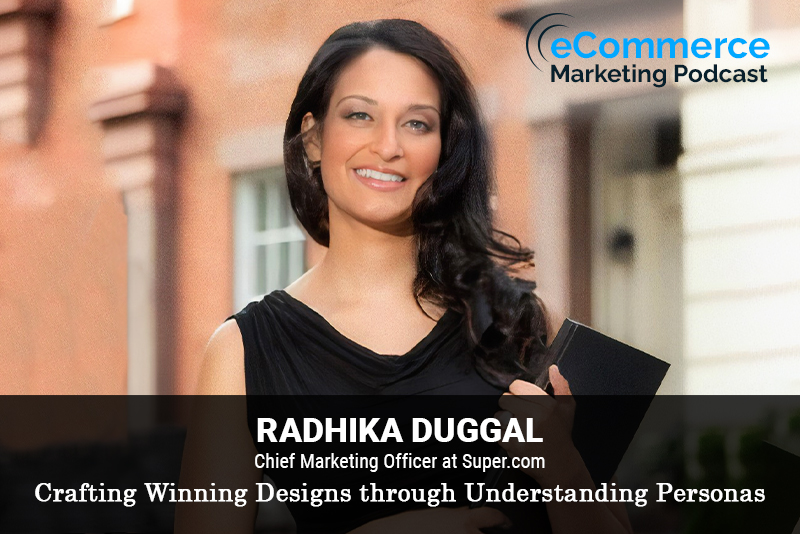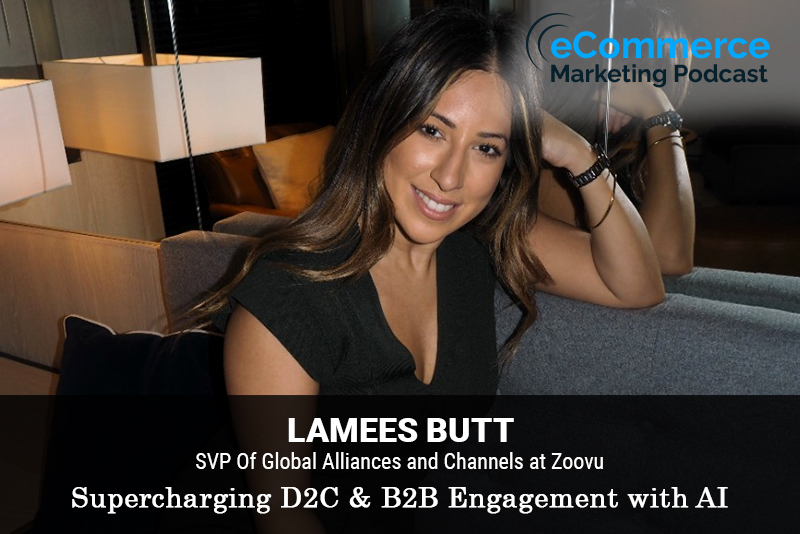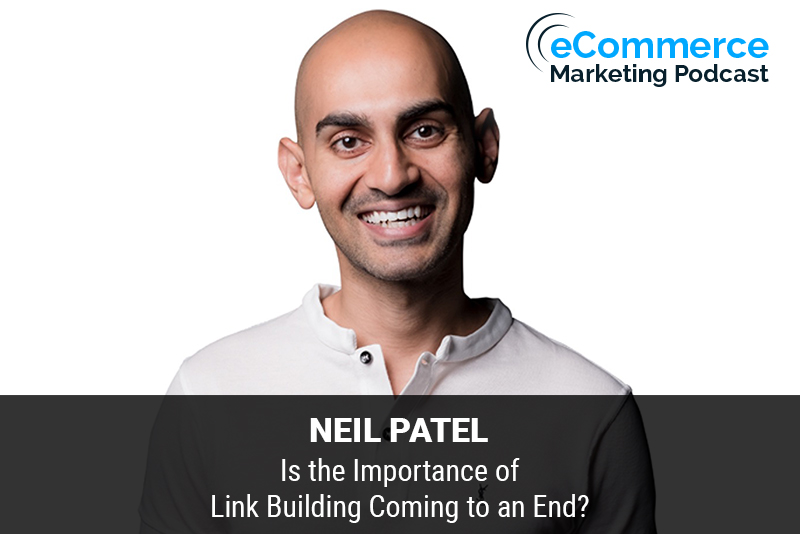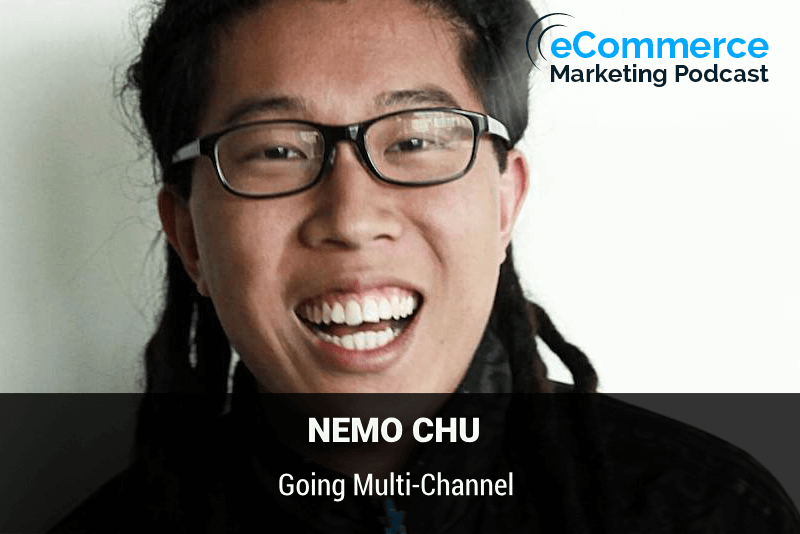
The eCommerce Marketing Podcast walks you through everything that goes into ecommerce marketing — from inbound marketing to paid advertising to conversions. Learn the strategies top marketing experts use to grow their businesses.
Mati Ram is the Founder and CEO of AdScale and Hi-Tech entrepreneur with over 20 years of experience. He is passionate about building new companies and bringing innovative solutions to the market.
In this episode, you will learn
Why is AI a game changer when it comes to elevating ecommerce advertising
What are some practical ways that any ecommerce business can take advantage of AI to improve their marketing
Are there any negative consequences to using AI to assist with ecommerce advertising
What tools or resources would recommend that a brand should use to take full advantage of AI with their ecommerce advertising
Example of an ecommerce brand that has done a great job utilizing AI for advertising
For show transcript and past guests, please visit https://www.ecommercemarketingpodcast.com
Or on YouTube at:
https://www.youtube.com/channel/UC3PgT0NOGzpdPGQtBK0XLIQ
Follow Arlen:
Twitter: https://twitter.com/askarlen
Facebook: https://www.facebook.com/arlen.robinson.7
Instagram: https://www.instagram.com/arlenyohance/
LinkedIn: https://www.linkedin.com/in/arlenrobinson/
Past guests on the ecommerce marketing podcast include Neil Patel, Nemo Chu, Luke Lintz, Luke Carthy, Amber Armstrong, Kris Ruby and many more.
Thanks for listening. Be sure to subscribe and leave a review.

Title: Elevating E-commerce Advertising with AI – with Mati Ram
Guest: Mati Ram, Founder and CEO of AdScale
Host: Arlen Robinson
Summary: In this episode of the eCommerce Marketing Podcast, Arlen Robinson interviews Mati Ram, the founder and CEO of AdScale. They discuss the transformative impact of AI on e-commerce advertising, detailing practical ways AI can be leveraged to improve ad creation, optimization, segmentation, and more. Mati shares his journey from founding a cybersecurity company to venturing into AI-driven advertising solutions for e-commerce businesses.
Key Takeaways:
- [00:05:02] Why AI is a Game Changer:
- AI levels the playing field by providing small and medium businesses with tools to create effective ads at a lower cost.
- It allows businesses to compete with larger companies that have more resources for advertising.
- [00:07:55] Practical Applications of AI in E-commerce Advertising:
- Ad Creation: AI can analyze data to create effective ad copy, saving time and resources.
- Optimization: AI helps optimize ads across different platforms by adjusting budgets based on performance.
- Segmentation: AI identifies customer behavior patterns and creates targeted segments for personalized advertising.
- Ad Copy and Creative: Tools like ChatGPT reduce the time spent on writing ad copy and creating visuals.
- [00:14:13] Potential Negative Consequences of AI:
- The primary downside is job loss as AI takes over tasks traditionally performed by humans.
- Businesses and individuals need to adapt to these technological changes to stay relevant.
- [00:17:30] Tools and Resources for Leveraging AI:
- Utilize first-party data for more accurate and personalized advertising.
- AI tools help analyze customer data and optimize ad performance without relying on cookies.
- [00:20:33] Case Study: Meraki:
- Meraki used AI to create micro-segments such as “Likely to Repurchase” and “Big Ticket Spenders” to target customers more effectively.
- The AI-driven strategy improved customer acquisition, reduced acquisition costs, and increased customer lifetime value.
Guest Info:
- Mati Ram
- Founder and CEO of AdScale
- Website: AdScale
- Email: [email protected]
- LinkedIn: Mati Ram

